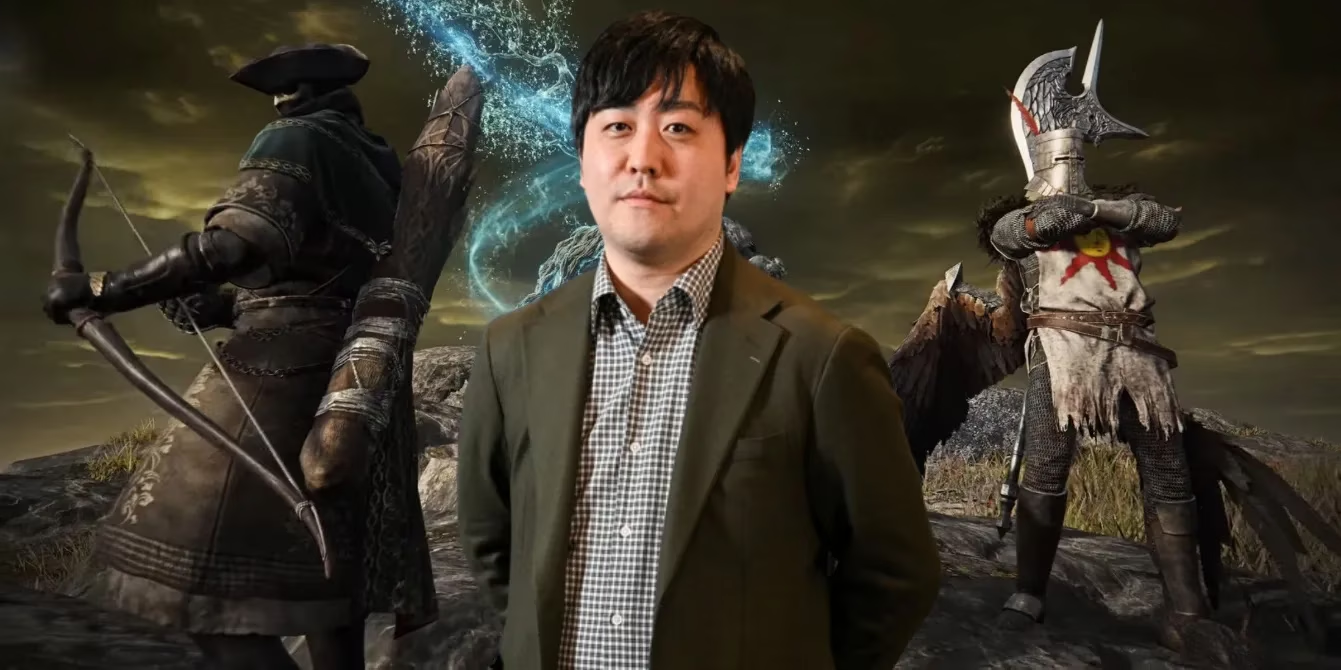My Deep Dive into Elden Ring Nightreign: A Bold New Chapter
Elden Ring Nightreign offers a thrilling, immersive dark fantasy experience with dynamic weather, strategic combat, and rich storytelling, captivating Souls-like fans worldwide.
As a seasoned Souls-like veteran, I couldn't wait to sink my teeth into Elden Ring Nightreign—the latest offering from FromSoftware that's been buzzing in the gaming community since its release. Man, diving into this expansive, dark fantasy world felt like reuniting with an old friend, but one who's undergone a radical makeover. Directed by Junya Ishizaki instead of the legendary Hidetaka Miyazaki, Nightreign promised something fresh, and boy, did it deliver in ways that left me both exhilarated and contemplative. From the moment I booted up the game, the sheer scale of the world unfolded before me, with dynamic weather systems and day-night cycles that made every exploration feel alive and unpredictable. It's not just a game; it's a living, breathing entity that whispers secrets as you wander through its treacherous landscapes. Honestly, I was blown away by how Ishizaki's vision reshaped the familiar Elden Ring formula—adding layers of complexity while keeping that signature FromSoftware challenge intact.

Nightreign builds on the foundation of its predecessor, transporting players back to the fractured world of the Lands Between, where I played as a Tarnished seeking to mend the shattered Elden Ring. The game's setting, rooted in Norse mythology with a dash of George R.R. Martin's storytelling, felt richer and more immersive than ever. Ishizaki's touch was unmistakable—I mean, this guy was the battle director for Elden Ring and the Shadow of the Erdtree DLC, so the combat here is top-notch, demanding strategic thinking and quick reflexes. Enemies in this realm seemed to have their own grudges, lunging at me with ferocious intent that made every encounter heart-pounding. I spent hours mastering the intricate weapon arts and dodging colossal boss attacks, which honestly felt like a dance with death itself. The bosses, oh man, they're not just obstacles; they're characters with stories etched into their designs, from towering beasts to cunning sorcerers that taunted me with every move.
-
Gameplay Mechanics: Nightreign retains the soul-crushing difficulty we love, but Ishizaki introduced tweaks that smoothed out some rough edges. For instance:
-
Dynamic World Elements: Seasons change realistically, affecting enemy behavior and terrain—spring rains made paths slippery, while winter snow slowed movement. It's crazy immersive! 🌧️❄️
-
Combat System: Borrowed from Ishizaki's past work on Bloodborne, it's faster-paced with parry mechanics that reward precision. I died more times than I can count, but each failure taught me something new. 💀⚔️
-
Story Integration: With six possible endings, your choices matter deeply, weaving a narrative tapestry that's both personal and epic. I found myself emotionally invested in every questline.
Personal reflections flooded in as I played: Nightreign might have landed with mixed reviews compared to Miyazaki's masterpieces, but I reckon that's part of its charm. Ishizaki's debut as director showed guts—he wasn't afraid to take risks, crafting a unique experience that Miyazaki might never have pursued. For me, it symbolized FromSoftware's willingness to evolve; just like Miyazaki started with no prior directing experience before Demon's Souls, this felt like a passing of the torch. The game's shortcomings, like occasional frame rate drops in crowded areas, were minor hiccups in an otherwise stellar journey. Honestly, wandering through the vast open world, I felt a sense of freedom akin to riding a horse across uncharted territories—every corner held a new secret or challenge.
FromSoftware's decision to empower Ishizaki speaks volumes about their future. In an industry where studios often stick to safe bets, this bold move could redefine how we view legacy IPs. What do you think—should more gaming giants take risks with fresh directors to keep innovation alive? 🤔
